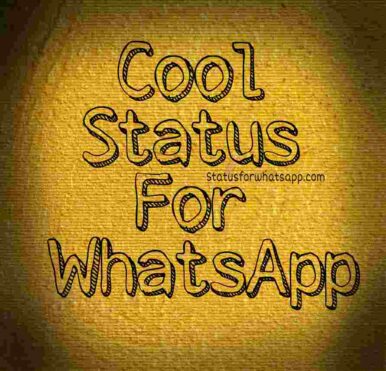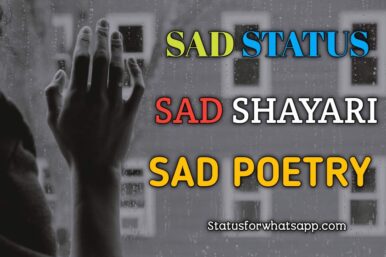Understanding Currency When Traveling in Malaysia for the First Time
When traveling to a foreign country, it is important to understand the currency and how it is used. Malaysia uses the Malaysian ringgit (RM), which is divided into 100 sen. The RM is not as commonly used as other currencies, such as the US dollar or Euro, so exchanging money can be a little tricky when you first arrive. In this article, we will discuss common ways to exchange money or trade forex when traveling in Malaysia, tips for spending money while in Malaysia, and what you need to know about taxes and tipping in this beautiful country.
What is the currency in Malaysia and how is it used?

The Malaysian ringgit (RM) is the currency of Malaysia. It is divided into 100 sen and is also known as the Malaysian dollar. The RM can be exchanged at most banks and money changers in Malaysia. When using the RM, you will need to use coins for any amount less than RM0.50, and notes for any amount greater than that. The most common banknotes are RM0.50, RM0.01, RM100, and RM500. Coins come in denominations of 50 sen (half a ringgit), 20 sen (a quarter of a ringgit), and so on down to one sen. There are also RM0.50 and RM0.20 coins, which are made of copper-colored steel, while all other coins are made of aluminum.
How to exchange money when you arrive in Malaysia
If you are coming from a country that uses a different currency, you will need to exchange your money for Malaysian ringgits before you can start spending. The best place to do this is at the airport, where there are usually plenty of money changers and ATMs. You can also exchange money at most banks in Malaysia. The process is usually quick and easy, and you will get a good exchange rate. Just be sure to have your passport with you, as you may need it to do the transaction.
Let’s say you want to exchange US dollars for Malaysian ringgits, for example. The first thing you would do is find the current exchange rate. If the exchange rate is RM0.24 to US$0.01. This means that for every US$100, you would get about RM2400 Malaysian ringgits.
If you have a lot of cash, it is best to exchange it all at once so that you can get a better exchange rate. However, if you only have a small amount of cash, or if you want to withdraw money from an ATM later on, it is perfectly fine to only exchange what you need for now. Just be aware that ATMs usually have a limit on how much money you can withdraw per day, so you may need to make multiple withdrawals if you want to exchange a large amount of cash.
Tips for spending money in Malaysia
Once you have your Malaysian ringgits, it’s time to start spending! Here are a few tips to help you get the most out of your money while traveling in Malaysia:
– Bargaining is common in Malaysia, especially at markets. If you see something you like, be sure to haggle for a better price. It is also common to bargain for taxis and other services.
– Try to use cash as much as possible. While credit cards are widely accepted, there are some places (such as small shops and street stalls) that only accept cash.
– Be aware of scams. There are a few common scams that target tourists, such as fake money changers and taxi drivers who overcharge you. If you are unsure about something, it is always best to ask a local or police officer for help.
Understanding taxes and tips in Malaysia
When shopping in Malaysia, you will need to pay a goods and services tax (GST) of six percent on most purchases. This tax is already included in the price of most items, so there is no need to add it on top when you are paying. However, some places (such as hotels and restaurants) may not include the GST in the bill, so be sure to check before you leave a tip.
Bringing cash or using a credit card

Whether you bring cash or use a credit card while traveling in Malaysia is up to you. Both have their pros and cons.
Cash is great for bargaining and for avoiding fees (such as ATM fees), but it can be easy to lose track of your spending. Credit cards are convenient and can be used anywhere, but they usually have higher interest rates and transaction fees.
If you do decide to use a credit card, be sure to let your bank know that you will be traveling so that they do not flag your account for fraud. You should also have a backup form of payment, such as cash or a debit card, in case you run into any problems with your credit card.
Common Money scams to watch out for in Malaysia
As mentioned before, there are a few common scams that target tourists in Malaysia. Here are the most common ones to watch out for:
– Fake money changers: these scammers will offer you a great exchange rate, but they will give you fake Malaysian ringgits in return. Always count your money carefully after an exchange, and if possible, use a reputable money changer.
– Taxi scams: some taxi drivers will try to overcharge you, especially if you are a foreigner. It is best to agree on a price before getting in the taxi or to use a meter if one is available.
– Shopkeepers: some shopkeepers will try to give you fake money or shortchange you. Again, it is always best to count your money carefully after a purchase.
If you are ever in doubt, ask a local or police officer for help. They will be more than happy to assist you and make sure that you are not being scammed.
Traveling to Malaysia can be a great experience, especially if you are prepared with the right currency. With these tips, you should have no problem understanding and using the Malaysian currency. Just be sure to watch out for common scams, and you will be able to enjoy your trip without any worries.





